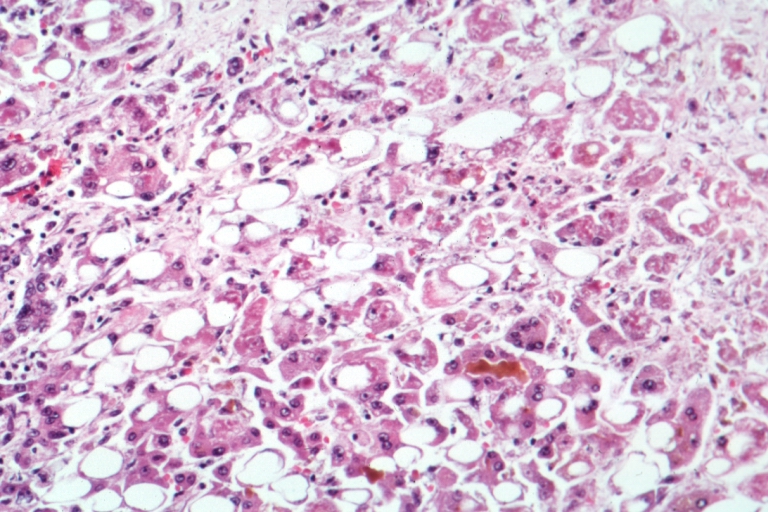Hepatitis refers to inflammation of the liver, which can be caused by viruses, medications, toxins, or autoimmune conditions. There are several types of hepatitis viruses, including hepatitis A, B, C, D, and E, each with different modes of transmission and characteristics.
Cause:
Hepatitis can be caused by viral infections (hepatitis viruses), including hepatitis A, B, C, D, and E. Other causes of hepatitis include excessive alcohol consumption, certain medications, toxins, autoimmune diseases, and metabolic disorders.
Signs and Symptoms:
The signs and symptoms of hepatitis vary depending on the type and severity of the condition. Common symptoms include fatigue, nausea, vomiting, abdominal pain, jaundice (yellowing of the skin and eyes), dark urine, pale stools, fever, and loss of appetite. Some individuals may experience mild symptoms or no symptoms at all, while others may develop severe complications such as liver failure.
Prevention:
Preventing hepatitis involves adopting healthy behaviors and vaccination for certain types of hepatitis. Practicing good hygiene, avoiding risky behaviors such as unprotected sex and sharing needles, and getting vaccinated for hepatitis A and B can help prevent infection. Additionally, avoiding excessive alcohol consumption and practicing safe food handling can reduce the risk of hepatitis.
Control:
Controlling hepatitis involves early detection, proper management, and preventing the spread of the virus. Regular medical check-ups, screenings, and vaccination are essential for early detection and intervention. In cases of viral hepatitis, antiviral medications may be prescribed to suppress viral replication and reduce liver inflammation. It's also important to avoid alcohol and certain medications that can further damage the liver.
Treatment:
Treatment for hepatitis depends on the type and severity of the condition. For acute hepatitis caused by viruses, supportive care such as rest, adequate hydration, and proper nutrition may be recommended. In some cases, antiviral medications may be prescribed to treat chronic hepatitis B and C infections and prevent complications such as liver cirrhosis and cancer. For autoimmune hepatitis, corticosteroids or other immunosuppressive drugs may be prescribed to suppress the immune response and reduce inflammation.
In conclusion, hepatitis is a serious condition that affects the liver and can have various causes, including viral infections, medications, toxins, and autoimmune diseases. Prevention through vaccination, adopting healthy behaviors, and early detection are key to reducing the burden of hepatitis and improving outcomes for affected individuals.

